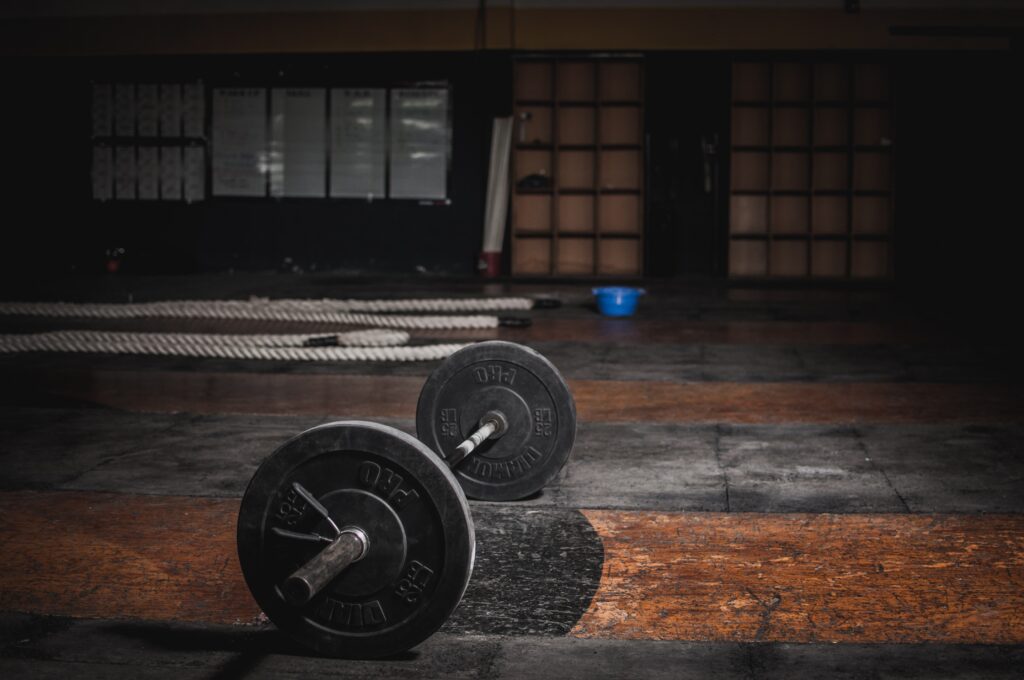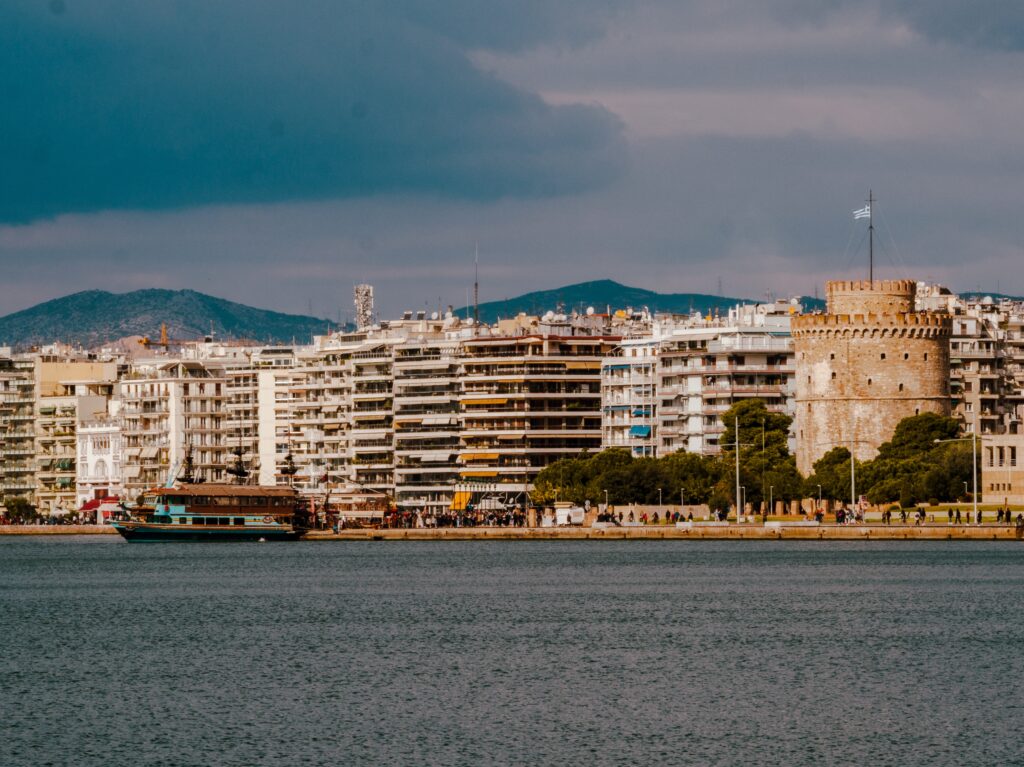Around the Globe: Ippo from Greece
“Around the Globe” features stories from Long Covid patients and advocates from different countries, highlighting the impact of this condition on individuals and communities worldwide. From the challenges of accessing healthcare to the social and economic consequences of Long Covid, we aim to shed light on the many facets of this complex and often misunderstood condition.
Through these personal accounts and perspectives, we hope to raise awareness of Long Covid and the urgent need for continued research, support, and advocacy. Our hope is that this series will not only serve as a resource for those affected by Long Covid, but also inspire greater collaboration and action towards addressing this global health challenge.
Our first feature in our Around the Globe series is Ippo from Greece. He caught Covid in July 2020 when he was 21. His initial infection was mild. He recovered from his fever and loss of smell in a couple of days but his fatigue never lifted. He is now 24. He has had to give up his job as a personal trainer, stop weightlifting, defer his sports science degree and move back in with his parents. He says “I feel ashamed and sad my older parents have to care for me. I was really looking forward to being independent and helping them instead“.
Here is his story.
Name: Ippo
Gender: Male
Age: 24
How old were you when you developed Long Covid? 21
I live in: Thessaloniki, Greece
Could you tell us about yourself, please?
I used to be a university student majoring in sport science. However, just before getting my degree, I fell ill. I worked as a gym trainer and later became a personal trainer. A big passion of mine was weightlifting and bodybuilding which I did 4-5 times a week. I enjoyed spending time with my friends and family, playing basketball and video games. Unfortunately, I can’t do any of that anymore. I planned to pursue a master’s or a PhD after my degree.
Have you received a diagnosis for Long Covid? If yes, can you describe the process?
Yes. It took me many tests and several years to receive a diagnosis from a neurologist because Long Covid wasn’t initially recognized as a condition. I was fortunate to find a knowledgeable clinician, and it took about 1.5 years since my symptoms started.
Could you describe your experience with Long Covid, and how it has affected you physically and emotionally?
It’s been a living hell. It has completely disabled me physically and cognitively. Without my family’s support, I wouldn’t have made it through. I can’t sustain any activity for more than a few minutes. Even talking can incapacitate me. I can’t handle light and sound. My cognitive abilities have significantly declined, and I can’t work. Most days, I can’t even take a shower.
Without my family’s support, I wouldn’t have made it through. I can’t sustain any activity for more than a few minutes. Even talking can incapacitate me.
Emotionally, it’s been devastating. It took everything from me – my autonomy, work, dreams, relationships, working out, and even the simplest joys of life, such as a long conversation with a loved one. Everything requires energy, and no matter how much I push myself, I can’t do anything. I don’t feel depressed, but I don’t know how I’m supposed to go on like this.

How has Long Covid impacted your daily life, and what adjustments have you made to accommodate your symptoms?
It’s changed everything. I’ve lost around 10 kg (20 lbs), most of it muscle mass. I have to take breaks between basic mental or physical activities. Light makes me feel worse, so I usually sit in the dark, and my home is very dim. I can only take short walks, which make me feel worse for days, but I force myself to do it so my muscles and bones don’t atrophy. I struggle even with household tasks like basic hygiene and have to sit down to do simple tasks like showering. I have industrial earplugs for noise sensitivity. I have to read everything multiple times because I can’t focus. I can’t watch TV, play videogames, or drive. I only leave my house about once a week to attend a doctor’s visit. Anything that requires exertion is either impossible or severely limited for me.
In your opinion, what are the biggest challenges that Long Covid patients face in terms of medical care and support?
There’s very little awareness about how disabling the condition is and no approved treatments. I have spoken to specialists who run Long Covid clinics and talked to patients who attended these clinics. The universal theme is that there’s no legitimate help. Often patients are prescribed psychiatric help as a substitute for the actual treatments we need. This isn’t very helpful since Long Covid isn’t a mental illness. Support from a mental health professional only goes so far when the crux of the pain is a disability that no one acknowledges, believes, or can fix.

Have you been to a “Covid clinic” in your country? If so, what was your experience like?
No, there is only one clinic in my country specifically for Long Covid, and it is not easily accessible to me. We have post-Covid pulmonary clinics that are supposed to provide Long Covid care, but they are only able to offer pulmonary rehabilitation. Although I have not physically gone to these clinics, I have contacted both the dedicated clinic and the pulmonary clinic. They only offer basic tests and pulmonary rehab, which did not help me in the early stages of my illness. Therefore, there is no reason for me to visit and risk reinfection, especially since they themselves have indicated they cannot help me and that I will need to be patient.
Did you have any understanding of chronic illness before Long Covid? How has your thinking around chronic illness shifted because of this experience?
I had some understanding of chronic illness before Long Covid, but my experience has significantly broadened my perspective and understanding. Every chronic illness has its unique features, and unless you have personal experience, it can be challenging to fully understand the impact it can have on your life. I now have a greater appreciation for individuals with chronic illnesses, their resilience, and their challenges. When you are chronically ill, your entire world is disrupted, including your identity and relationships. I have learned that others may not always understand your situation or know how to respond, which can be difficult to navigate.
It took everything from me – my autonomy, work, dreams, relationships, working out, and even the simplest joys of life, such as a long conversation with a loved one.
What do you wish people would say or not say to you?
I would appreciate it if people believed me and offered their unwavering support. It would be helpful if they didn’t suggest that I try harder to do things I have already attempted or insinuate that my mentality is contributing to my condition.
Are there any areas of research that you believe to be the most promising?
I am no expert but there are several promising leads that I have come across. The leading theory is that viral persistence may be the cause of Long Covid, which is a promising direction to pursue. Immune dysregulation, reactivated viruses, inflammation, and faulty metabolism are other areas of research that are of interest and may lead to potential treatments. I hope that the underlying cause of Long Covid is viral persistence, as it may be easier to treat with fewer side effects than immune modulators, which could cause patients to become immunocompromised.
Have you found any treatments or strategies to manage your symptoms better?
Unfortunately not. Although I have tried some supplements, they did not provide any relief, and there is little evidence to support their efficacy. The only advice Long Covid patients are given (mostly by other patients) is “to pace”. However, pacing isn’t something that helps per se, but something I simply must do so my symptoms don’t worsen. Pacing to me is like limping with a leg that never heals. I don’t want to have to continue limping, I just want my broken bones to be mended.
I don’t want to have to continue limping, I just want my broken bones to be mended.